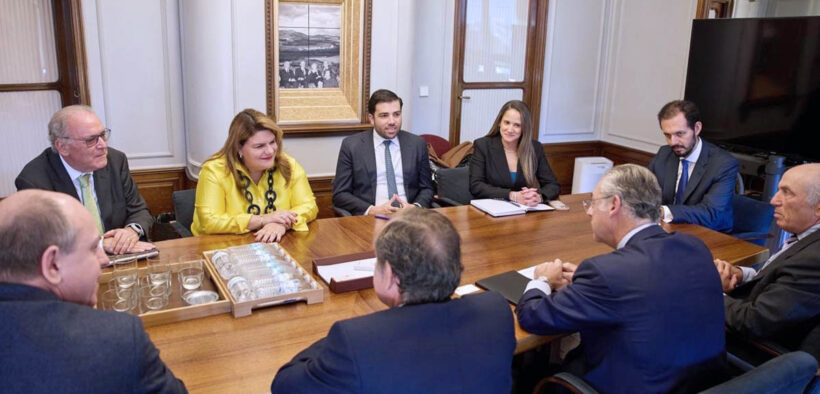Exporting services: The real challenge comes after the trip

Puerto Rico’s recent government-sponsored trade mission to Spain offered participating companies — most of us small and midsize enterprises — an extraordinary opportunity to open doors abroad. My firm was among them, eager to explore new markets and showcase the island’s talent and capabilities.
But the experience revealed a truth that often gets lost amid the excitement of international promotion: closing a sale abroad is far more complex than making a great pitch.
The mission underscored a lesson that is fundamental everywhere but especially in global business: relationships come first. Long before a contract is signed, trust must be built. Credibility must be earned. Without human connection, even the most polished presentations are just noise in an already loud marketplace.
We were also reminded that understanding the regulatory and tax environments of other countries is not optional — it is essential. Investment decisions, partnership models and operating costs all hinge on legal frameworks that can vary dramatically from one jurisdiction to another. Any company seeking to internationalize must treat this knowledge as a strategic asset, not an afterthought.
Culture plays an equally decisive role. As the Dutch sociologist Geert Hofstede famously observed, culture is “the software of the mind.” It shapes how societies negotiate, communicate and behave in business settings. Recognizing these differences — and adapting to them — is a professional discipline that can determine whether a promising conversation becomes a productive relationship.
For our collective Puerto Rican low tolerance for ambiguity and the unknown, taking the dive into a new market to export either products or services is in itself a significant accomplishment. If we expect to be more prosperous, creating more jobs and wealth, it is critical to explore more and new markets.
Yet perhaps the most sobering takeaway from the mission is that the hardest part begins once you return home. While participating in a trade mission requires preparation and investment, converting those opportunities into real sales requires something much more difficult: being understood. No matter how strong a product or service may be, success hinges on whether potential partners fully grasp its value, relevance and competitive edge.
And in today’s global economy — crowded, fast-moving and risk-averse — ideas that are unconventional, even if not strictly innovative, need champions on the other side: leaders with foresight, openness and the willingness to look beyond familiar models.
Puerto Rico has no shortage of talent or ambition. What we need is a stronger bridge between international exposure and commercial outcomes. Trade missions can open doors, but it takes persistence, strategy and cultural intelligence to walk through them — and to walk out with a signed agreement in hand.
In the end, exporting services is not just about selling expertise. It is about earning trust, navigating difference and communicating value clearly enough to inspire action across borders. And that is where the real work begins.

Jeffrey Quiñones-Díaz is a partner at The Consulting Lead LLC and works as a public affairs and policy consultant.




